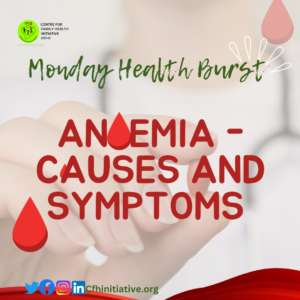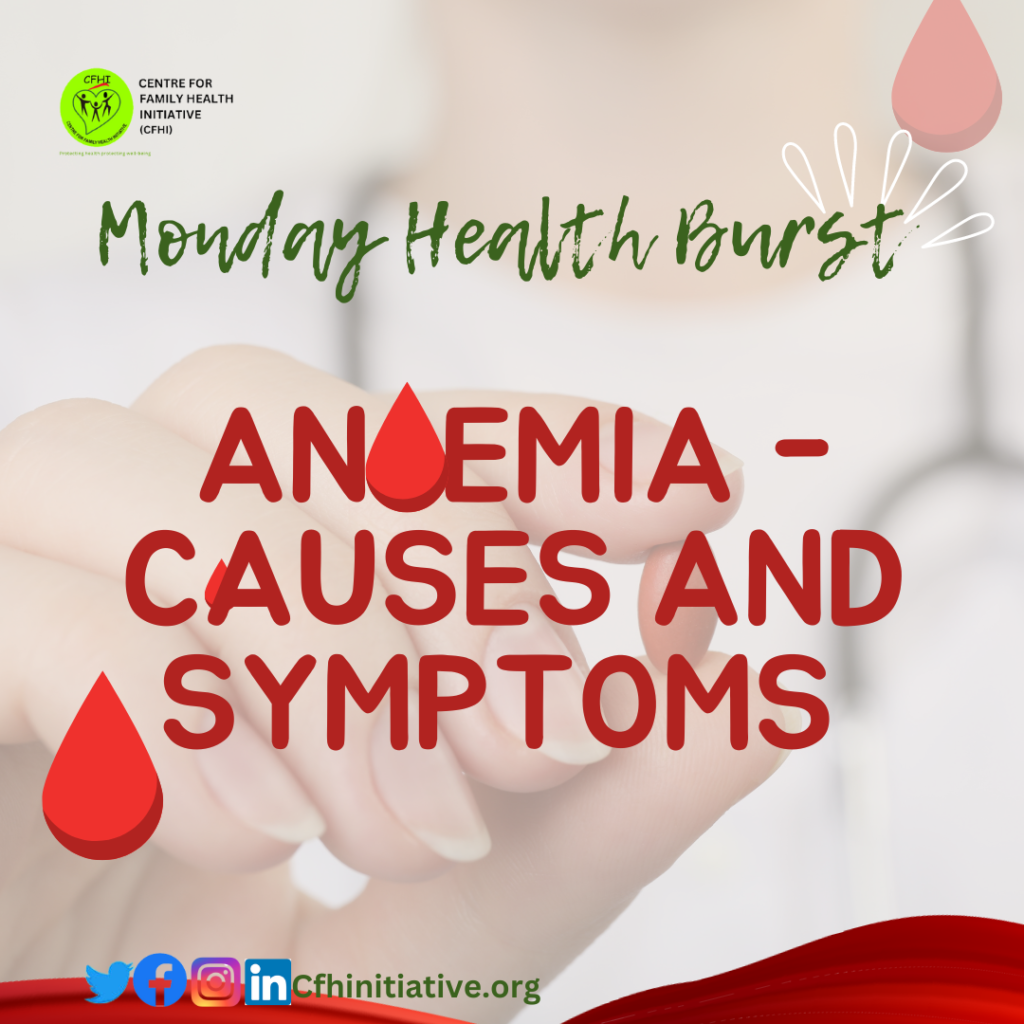Anemia is a condition characterized by a reduction in the number of red blood cells or hemoglobin in the blood. This can result in a decreased capacity of the blood to transport oxygen to the body’s tissues and organs. Anemia can manifest in different forms and symptoms and can be caused by various factors.
According to a 2023 report from the United Nations Children Fund (UNICEF) report, 55 percent of adolescent girls and women suffer from anemia in Nigeria.
Some common causes of anemia include:
Iron deficiency: This is the most common cause of anemia worldwide. It occurs when the body doesn’t have enough iron to produce adequate amounts of hemoglobin.
Vitamin deficiency: Lack of specific vitamins like vitamin B12 or folate can impair the production of healthy red blood cells.
Chronic diseases: Conditions such as kidney disease, liver disease, cancer, or autoimmune disorders can interfere with the production of red blood cells.
Blood loss: Excessive bleeding from menstruation, trauma, surgery, or gastrointestinal conditions like ulcers or hemorrhoids can lead to anemia.
Inherited disorders: Certain genetic conditions like sickle cell anemia or thalassemia affect the structure or production of red blood cells.
The symptoms of anemia can vary depending on the underlying cause and the severity of the condition. However, common symptoms include:
- Fatigue and weakness
- Shortness of breath
- Pale skin
- Dizziness or lightheadedness
- Rapid or irregular heartbeat
- Cold hands and feet
- Headaches
- Chest pain (in severe cases)
It’s important to consult with a healthcare professional for an accurate diagnosis and appropriate treatment plan if you suspect you have anemia or are experiencing related symptoms.
Monday Health Burst is an initiative of CFHI to address issues of basic health concern. Join us every Monday on all our social media platforms for more episodes.




